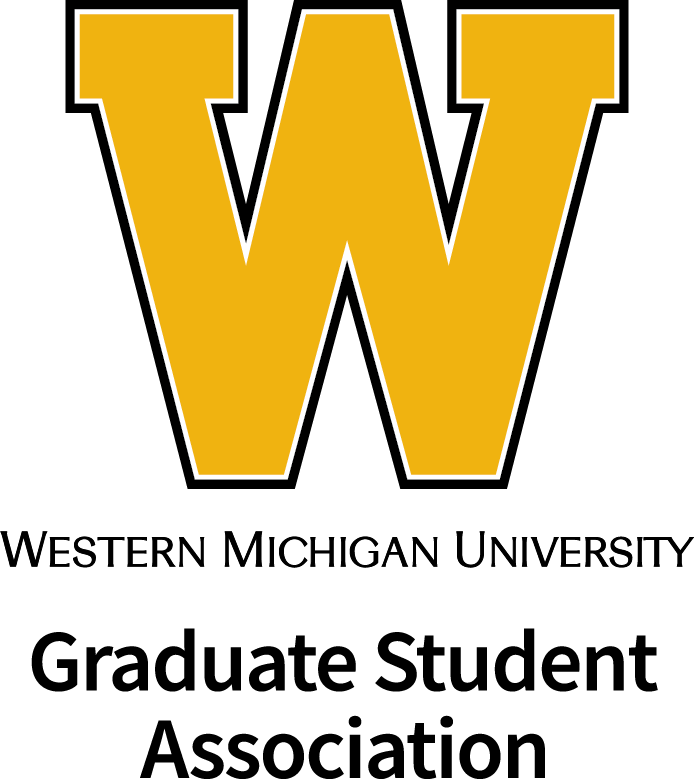Abstract
Alternative language assessment procedures are gaining in prominence as authentic alternatives to traditional measures, but scant data exist regarding the relative effectiveness of the data they provide. This paper first summarizes the criteria for effective language assessment of bilingual children as documented in the literature, and then comparatively evaluates the effectiveness of research studies employing the three most-cited alternative assessment approaches: descriptive, dynamic, and curriculum-based. Conclusions regarding the impact of appropriate assessment on issues of over- and under-representation of bilingual Hispanic students are also discussed.
Recommended Citation
Caesar, Lena G.
(2005)
"Testing the Tests: An Investigation into the Effectiveness of Alternative Assessment Methods for Bilingual Language-Impaired Children,"
The Hilltop Review: Vol. 1:
Iss.
1, Article 7.
Available at:
https://scholarworks.wmich.edu/hilltopreview/vol1/iss1/7
Included in
Bilingual, Multilingual, and Multicultural Education Commons, Educational Assessment, Evaluation, and Research Commons

